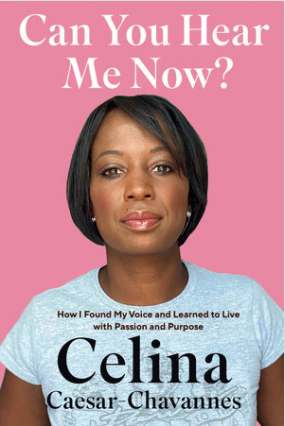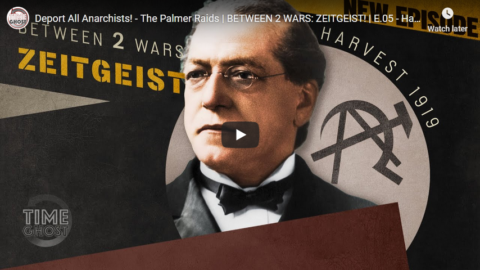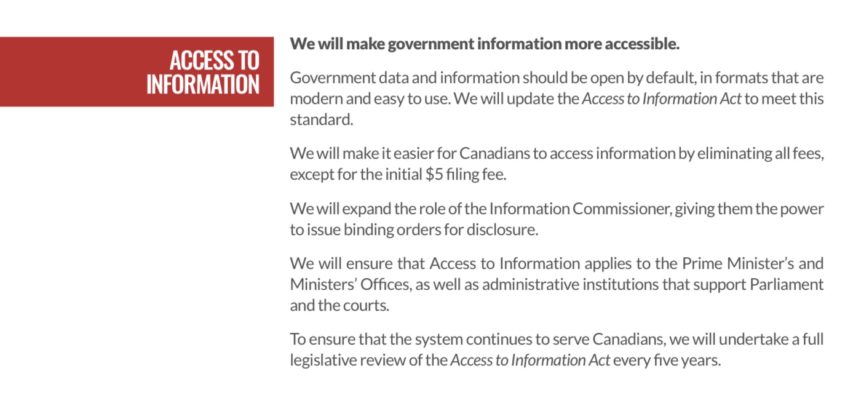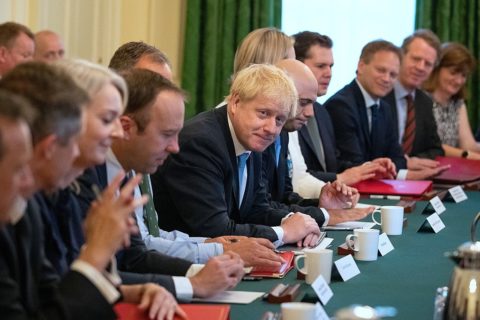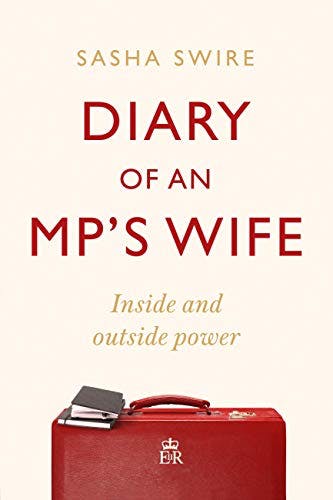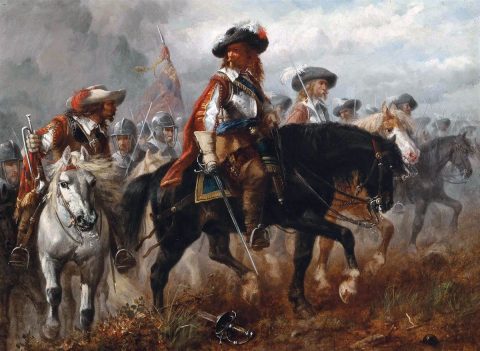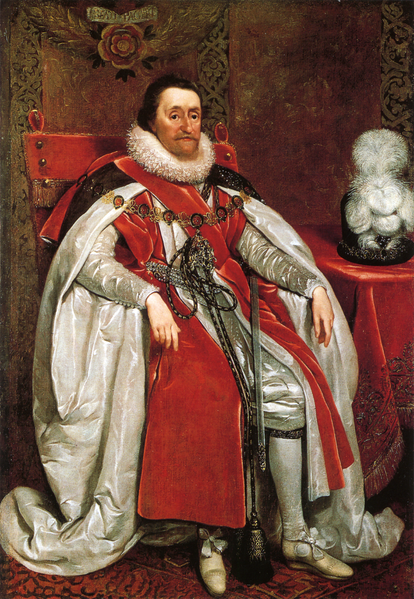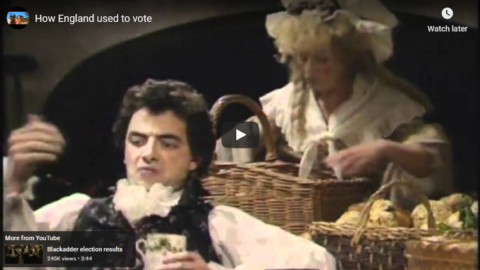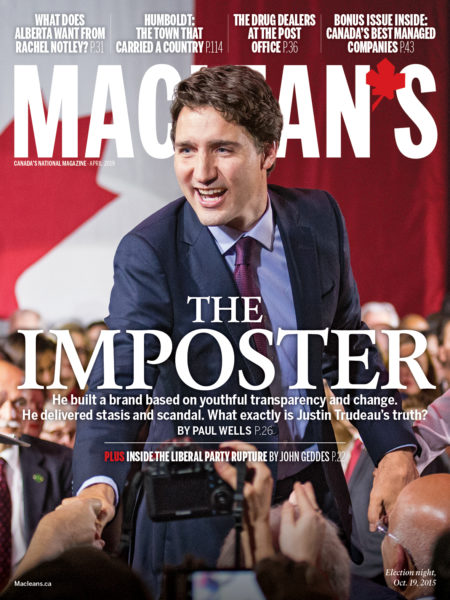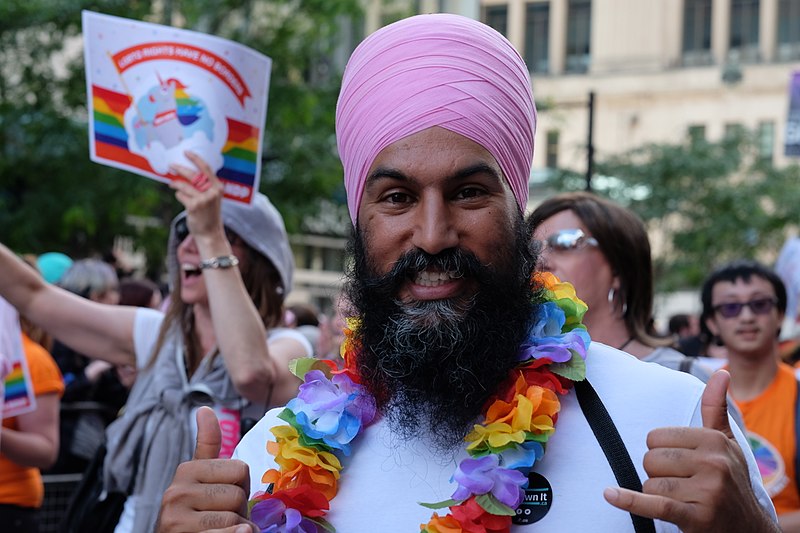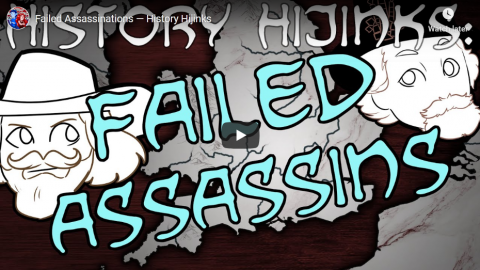Michael Geist updates the situation with the federal government’s attempt to massively rework the Canadian broadcast and internet regulation framework without proper scrutiny or transparency:
I have not been shy about expressing my concerns with the Bill C-10, the Broadcasting Act reform bill. From a 20 part series examining the legislation to two podcasts to a debate with Janet Yale, I have actively engaged on policy concerns involving regulation that extends far beyond the “web giants”, the loss of Canadian sovereignty over broadcast ownership, the threat to Canadian intellectual property, and the uncertainty of leaving many questions to the CRTC to answer. Yet beyond the substance of the bill, in recent days an even more troubling issue has emerged as Canadian Heritage Minister Steven Guilbeault, his Parliamentary Secretary Julie Dabrusin, and the Liberal government abandon longstanding commitments to full consultation, transparency, and parliamentary process.
Last week, I appeared before the Standing Committee on Canadian Heritage as part of what it is calling a “pre-study” on Bill C-10. In this case, “pre-study” is euphemism for avoiding the conventional parliamentary process. Bill C-10 has not yet passed second reading in the House of Commons and has not been referred to committee for study. There have been extensive debates in the House and last week Conservative MP Michael Kram called for the bill to be withdrawn, noting that politicians could do Canadians a lot of good by “rewriting it from scratch.” That move drew criticism from Guilbeault during an interview at the CMPA Prime Time event, as he called for pressure on the Conservatives to support referring the bill to committee. There are instances of pre-study, but doing so concurrently with second reading makes no sense since a pre-study allows for a wide range of amendments, whereas after second reading the permitted amendments are more limited.
In an earlier era (or with a different government), the prospect of conducting a study of the bill while simultaneously engaging in second reading would garner loud objections. In fact, at the Heritage Committee hearing last week, opposition MPs wondered why they were already being asked for amendments to the bill when they had yet to hear from witnesses, much less conduct an actual study of the bill. Indeed, for a government that once prized itself on robust consultation, it seemingly now wants to avoid any genuine consultation on Bill C-10, content to have potential amendments presented through lobbyists, rather than on the public record in open hearings.
The secrecy does not end there. At the same hearing (I was a witness and waited patiently for these issues to play out), Conservative MPs raised questions about promised data on how the government had arrived at claims that the bill will generate over $800 million in new money. Leaving aside the fact that Guilbeault has often inflated that figure to over $1 billion, there has no public disclosure about the source of this claim. Cartt.ca reports that officials told the committee that the calculations could be “confusing” without a verbal explanation. Days later, Dabrusin told the committee that in fact the data had been provided to the committee late last year but perhaps not distributed to committee members.
When I was questioned by Conservative MP Kevin Waugh during my appearance before the committee, he again raised concerns about the claim. Dabrusin interjected with a point of order to make it clear that the data had been provided to the committee, albeit not distributed to MPs. What made the exchange so striking was that Dabrusin – a parliamentary secretary – seemingly did not give any thought to the fact that the data has not been made publicly available. Promoting long overdue disclosures to a handful of MPs while the public is kept in the dark is hardly the stuff worthy of praise or a point of order.


